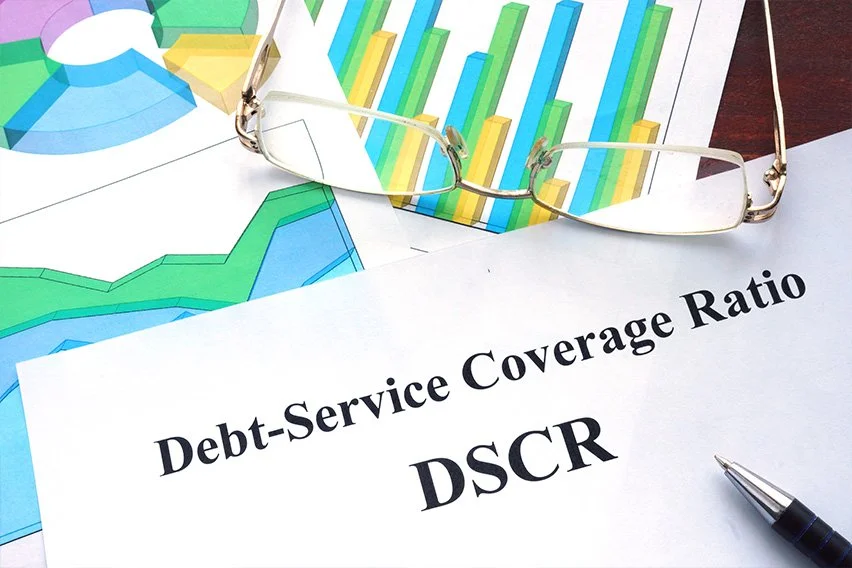As the real estate market continues to evolve, investors are constantly seeking innovative ways to…
Understanding the Different Types of Reverse Mortgages Available
As retirement approaches, many seniors may find themselves looking for ways to supplement their income. One option that may be available to them is a reverse mortgage. This type of loan allows homeowners to access the equity in their homes without having to sell or move out. However, not all reverse mortgages are created equal. In this article, we will discuss the different types of reverse mortgages available and what they mean for you.
The three main types of reverse mortgages are:
- Single-Purpose Reverse Mortgages: This type of reverse mortgage is offered by some state and local government agencies, as well as non-profit organizations. As the name suggests, the loan is meant to be used for a specific purpose, such as home repairs or property taxes. These loans are typically the least expensive option, but they may not be available in all areas.
- Home Equity Conversion Mortgages (HECMs): HECMs are the most common type of reverse mortgage and are insured by the Federal Housing Administration (FHA). They are available through most lenders and can be used for any purpose. HECMs typically have higher fees than single-purpose reverse mortgages, but they offer more flexibility.
- Proprietary Reverse Mortgages: These are privately owned loans that are not insured by the FHA. They are typically offered by banks and other financial institutions and may have higher loan limits than HECMs. Proprietary reverse mortgages are often used by homeowners with high-value homes who need to access more of their equity.
It is important to note that regardless of the type of reverse mortgage, the homeowner is still responsible for property taxes, insurance, and maintenance on the home. Failure to meet these obligations could result in the loan being called due.
When considering a reverse mortgage, it is important to work with a trusted lender who can help you understand the terms and conditions of each type of loan. You should also consult with a financial advisor or counselor to ensure that a reverse mortgage is the right choice for your individual financial situation.
In conclusion, reverse mortgages can be a useful tool for seniors looking to supplement their income, but it is important to understand the different types of loans available and their associated costs and benefits. By working with a trusted lender and seeking professional advice, you can make an informed decision that will help you achieve your financial goals in retirement.
NMLS #1401042 | info@citizensfinancial.co | 707-800-6047
#ReverseMortgage #RetirementIncome #HomeEquity #HECM #ProprietaryReverseMortgage #FinancialPlanning #Seniors #Retirement #HomeOwnership #HomeEquityConversionMortgage




